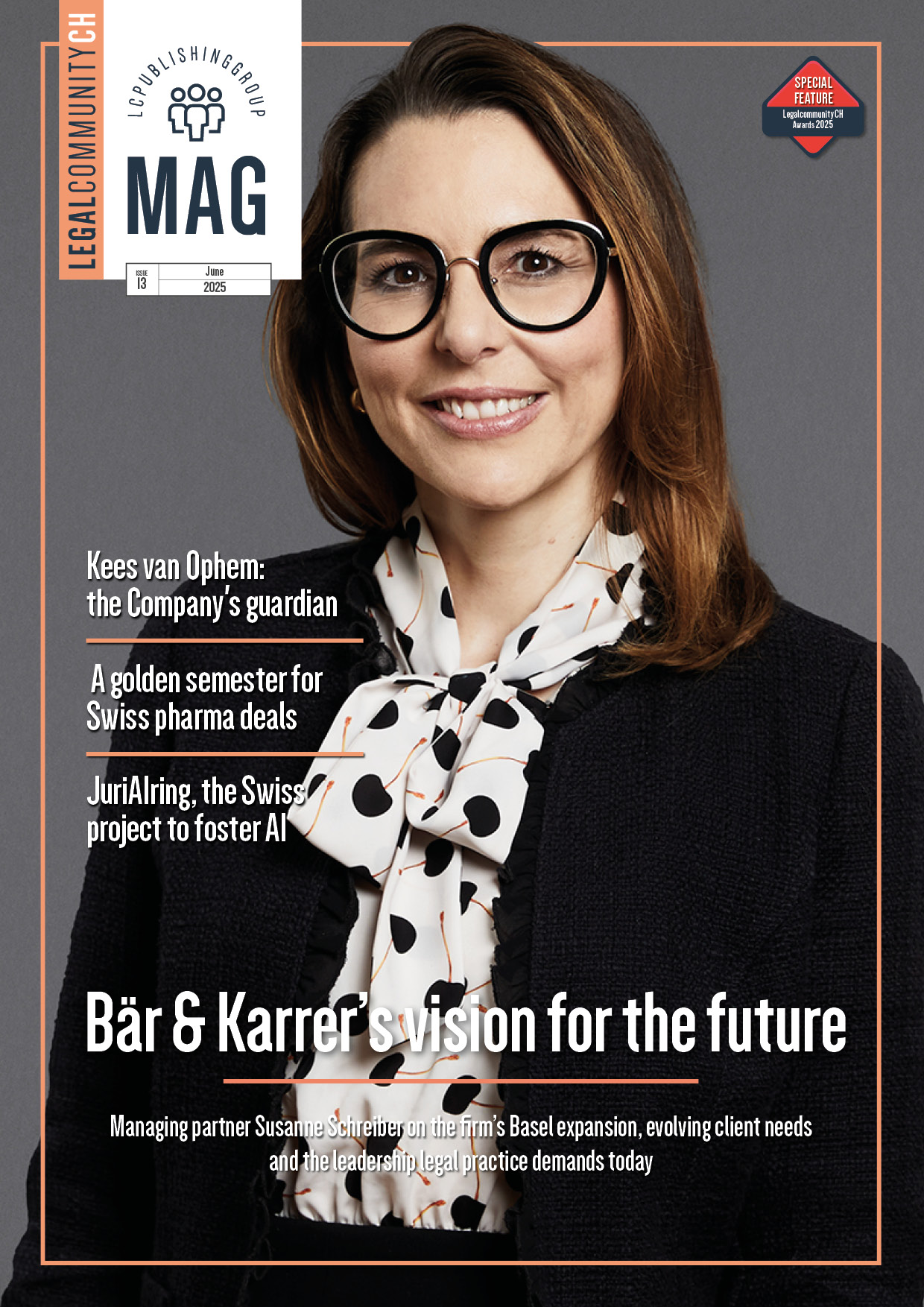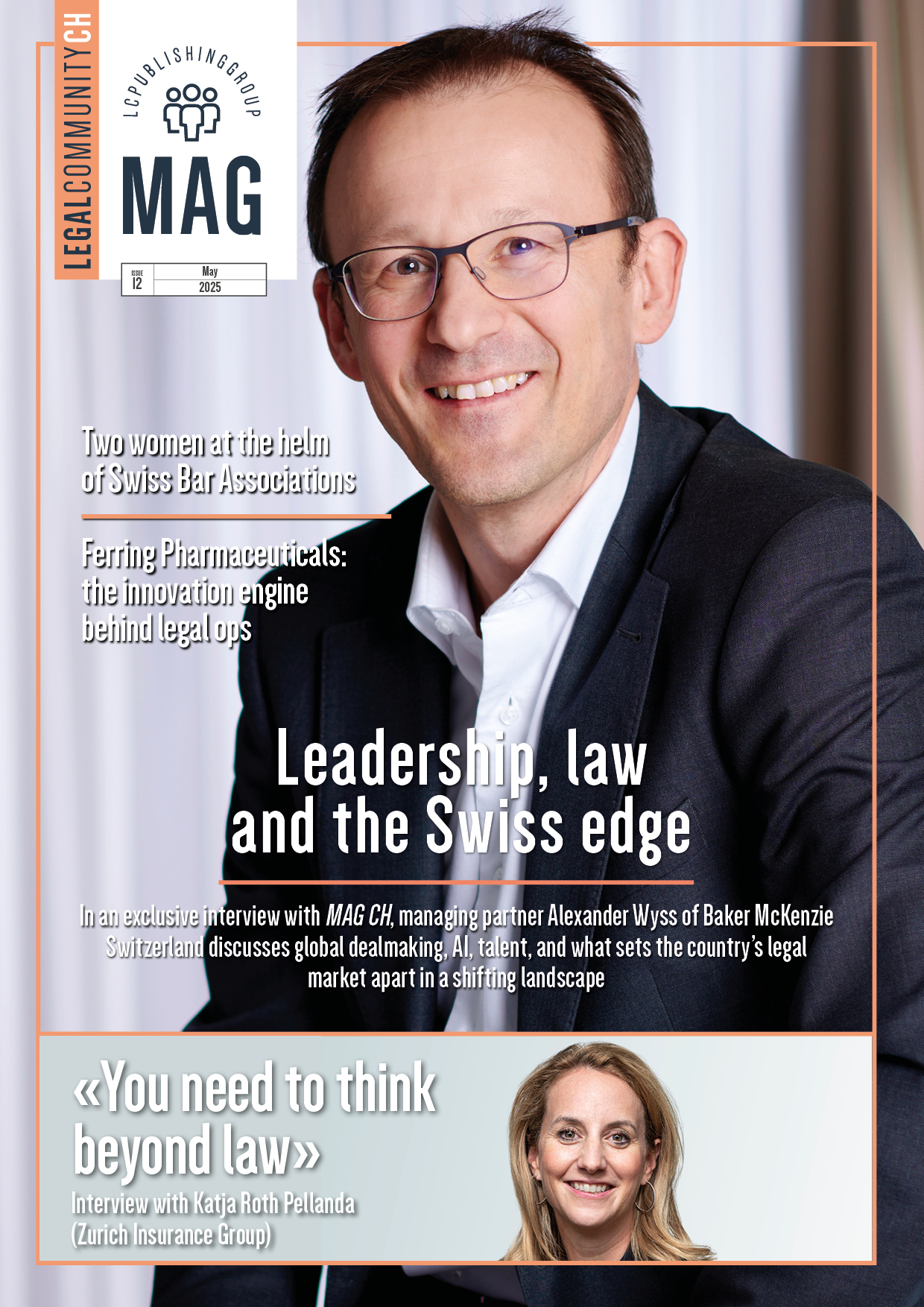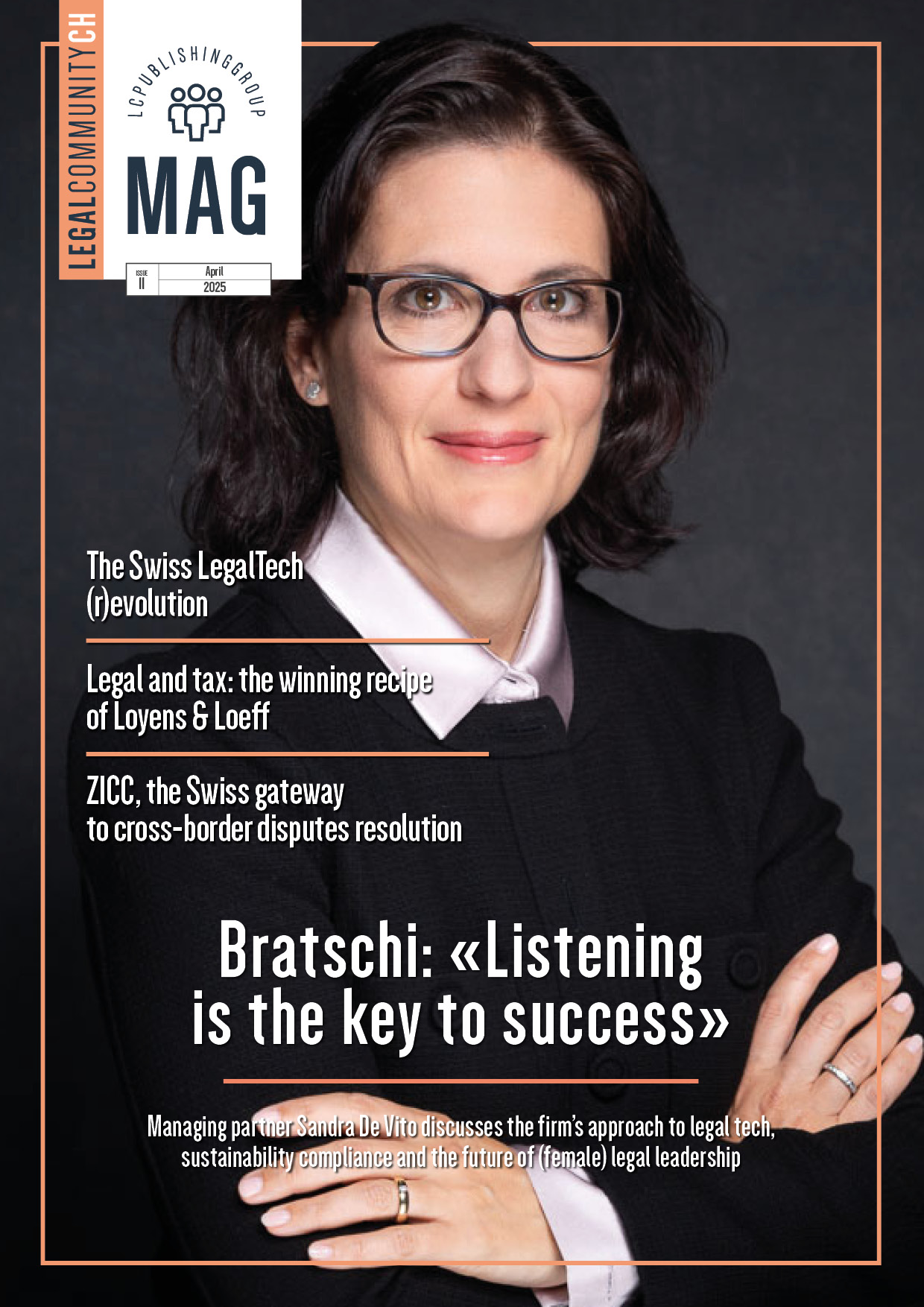Dealing with uncertainty and crisis. Tips for in-house counsel
di Ricardo Cortés-Monroy
Gratias tibi sounds like an appropriate way to start this new column. Gratias tibi LC Publishing Group for keeping the in-house community and the legal profession connected. Gratias tibi for providing many of us with thought provoking platforms where we can share and advance our professional and managerial skills. Gratias tibi for allowing me to start this series of columns by sharing some thoughts and data about legal leadership and Covid-19.
What is the goal we want to achieve with this by-weekly column?
I’d like to share some thoughts about current legal topics; sometimes even daring to look into the future (that’s an adventurous one if I look at so many experts’ predictions made last December…).
Why the name ‘In Pliny’s Shoes’? It is, I hope, a good way to evidence my love for paradoxes. Imagine, discussing current topics while somehow linking them to what our illustrious colleague Pliny the Younger wrote circa two thousand years ago. But, you see, when one takes a long-term view in both directions of history’s timeline (technically a diachronous approach), your perspectives change. And, more than ever, authors like Pliny “speak louder” to us. Their lives, cultural identity, (many) defects and virtues are a wealth of human and social knowledge.
As LC Publishing Group is based in Milano and I am based in Switzerland, three hours away, I though that Lake Como was the perfect geographical connection. Pliny was born there and had estates where he would indulge in his intellectual pursuits, Roman otium i.e. cultured leisure, leaving us 247 of his letters. I recommend every lawyer to read them, even more than Cicero’s opus. My favourite edition in English is Betty Radice’s (Penguin Classics; 1969). Not only her translation is elegant and smooth, but her 20 pages introduction remains one of the best ways to ‘meet’ Pliny and his world, the Roman Empire of the first century A.D.
In this time of uncertainty and crisis, March 2020, it provides us with a salutary effect to read Pliny’s account of the infamous Vesuvius eruption in 79 A.D., when Pompeii and Herculaneum were wiped off, as we all know. Pliny was there; and his Letters 16 and 20 (Book Six) are the only surviving first hand testimonies of the tragedy. Closer to the Covid-19 situation, Pliny tells us in details how his uncle Pliny the Elder (the famous polymath and first encyclopedist in human history), sailed from Misenum -today Capo Miseno- to Pompeii to coordinate evacuation and lead people out. Pliny the Elder died, suffocated by the poisonous gases. But he succeeded in rescuing a large number of people. Most importantly: his nephew tells us repeatedly about his poise and calm while leading.
And this is the point I want to make for what we are facing:
Some leading consultancies and executive recruitment firms have conducted during the last two weeks lengthy interviews and researches with Boards of Directors and CEOs. I had access to two of them. There are a number of thoughts emerging, very clearly:
- This crisis will emphasise, for better or worse, your leadership skills.
- This is a time when some leaders will recoil and others will emerge.
- Leaders need to look outward, more than ever.
- Leading with poise and in a firm/calm style is a must.
- More facts, less opinions.
Although these researches cover Board of Directors and CEOs, I believe they are applicable entirely to in-house counsel, no matter what is your hierarchical level. We counsel, we advise; imagine then the positive influence we can have now, more than ever. We decide, we act; I think Pliny the Elder’s example in that fateful 24th of August 79 A.D. is still inspiring us.
Happy to discuss! Stay healthy please, let’s take care of each other.
















